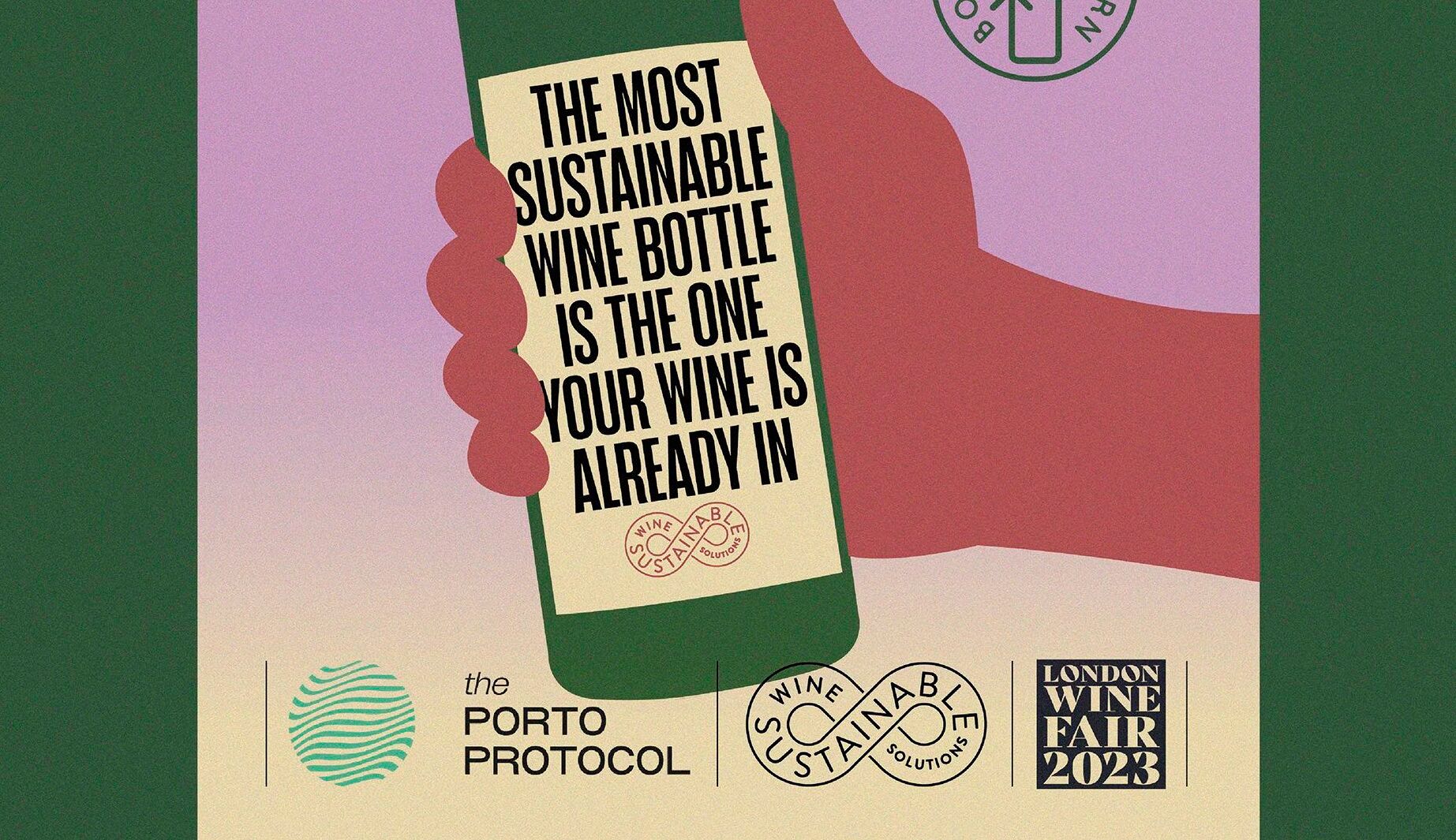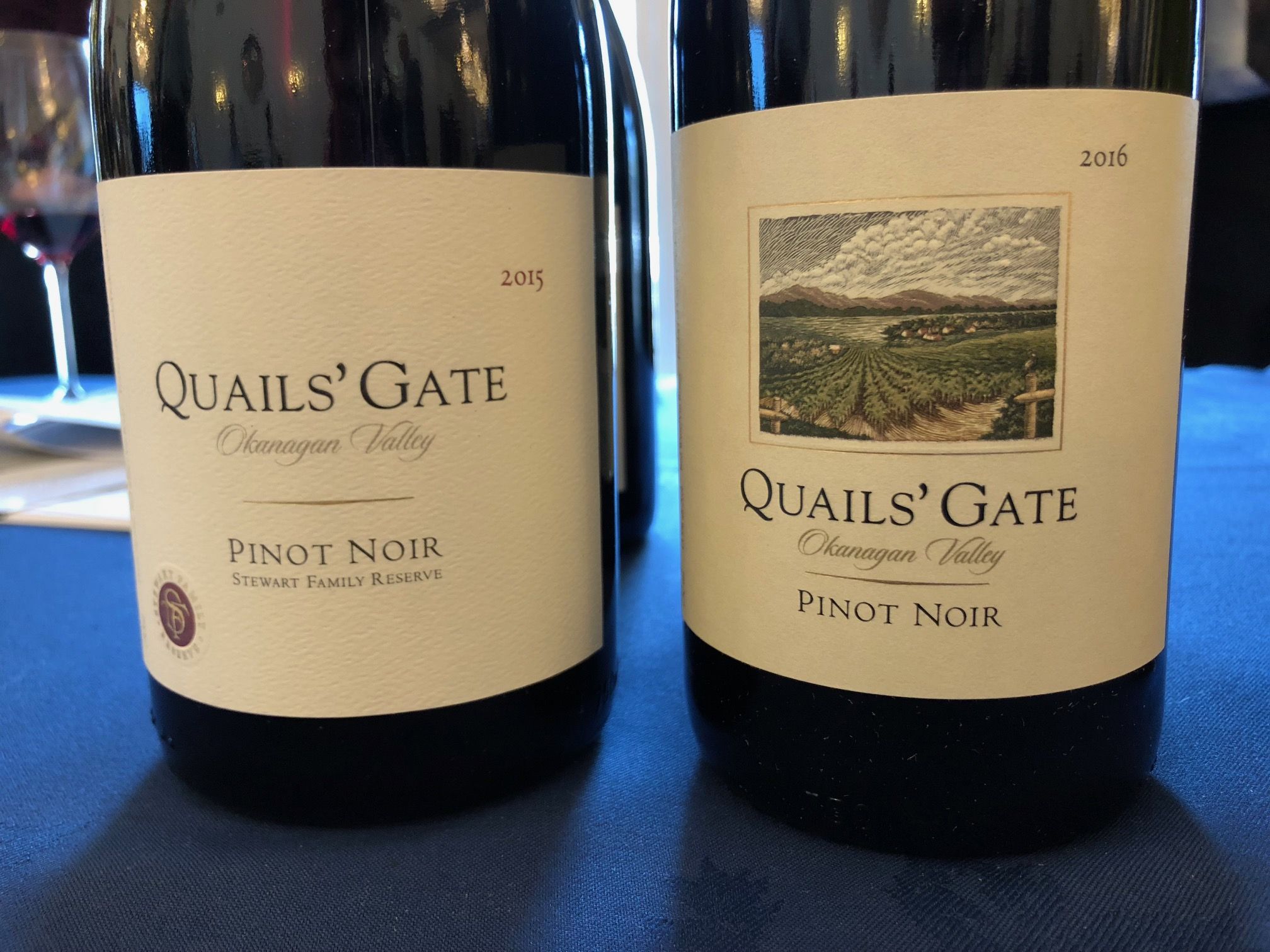The London Wine Fair hopes the bottle reuse scheme at this year’s show will help show the wine industry what can be done by introducing ‘circular’ environmental measures.
You have launched a new bottle reuse initiative for this year’s London Wine Fair – what are you looking to do?
This is the first time that any wine fair in the world has tackled this issue head on; we welcome the opportunity and we’re really excited to see what the outcomes will be.
We will collect and identify how many bottle types are out there and assess if they’re suitable for reuse. We want to bring it home and make the issue real, by measuring the size of the beast. Numbers don’t lie.
And by giving the bottles of the event a second life, we’re showing that it is possible for the industry to embrace a circular approach to packaging, and that this idea is more than just a concept, or at best a long-term goal in the collective psyche.
Governments around the world are betting on reuse over recycling, with eco laws being implemented as we speak. It is already happening, the time to act is now. The industry must seriously embrace and prepare itself for bottle reuse.
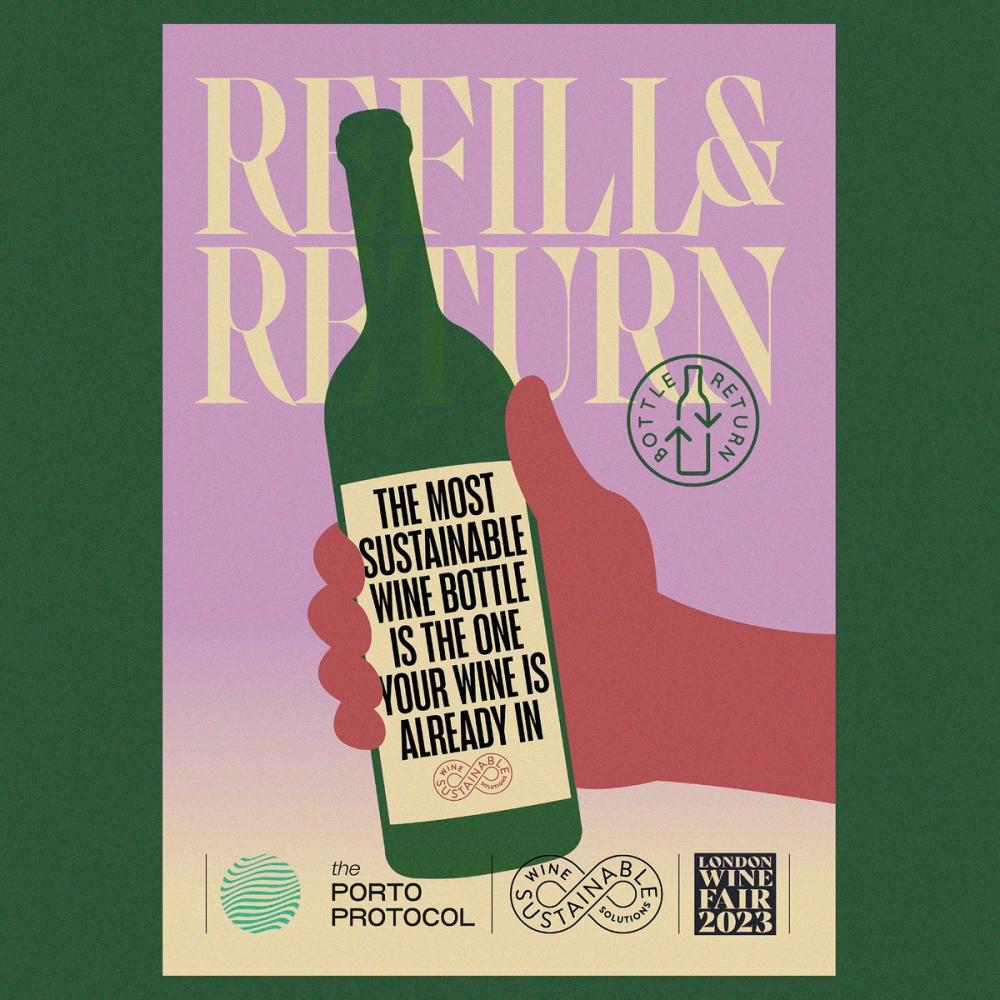
The bottle reuse scheme at London Wine Fair is being run and managed by the Porto Protocol and Sustainable Wine Solutions
Furthermore, the London Wine Fair offers a representative sample of the wine market, in one of its biggest markets, the UK. Embarking on such an initiative sets an example of going the extra mile in walking the talk on having sustainability at the core of the event, by digging into its less glamorous yet hidden side (the waste it generates), and actively contributing to solving it.
What is the ultimate goal of the initiative and what you hope it can achieve?
We are hoping to open a non-dogmatic debate around reusing wine bottles, what does it mean concretely and what would it take for it to actually happen at scale. Ultimately, we wish to help develop a global framework that will lead to the acceleration of reusable bottle schemes, the adoption of circular models across sectors and to higher levels of standardisation.
We want to challenge wine’s packaging status quo, raising attention to the fact that single-use glass bottles, though the producer’s container of choice, contribute the most to wine’s carbon footprint. But they are also robust, can be reused numerous times without loss of quality or any of its characteristics, avoiding resource extraction, reducing energy consumption, decreasing waste generation, and overall reducing CO2 emissions. So why not do it?
At the very least we hope that this initiative and the report that will come out of it will encourage producers to rethink, consider reuse and choose a more widely used model of bottle.
At the very best we hope to move the conversation from “reuse initiative” to the circular supply chain ecosystem itself which right now doesn’t exist:
- How many types and colours of bottles do we really need? How many different types of bottles can the circular supply chain cope with? And what is acceptable for producers?
- What does a circular ecosystem look like? Is it necessary to create a parallel infrastructure or can we transform the existing one?
- What do consumers demand? What are their purchasing priorities?
You are looking to examine all the bottles collected and then produce a report – what are you actually looking to record from the bottles?
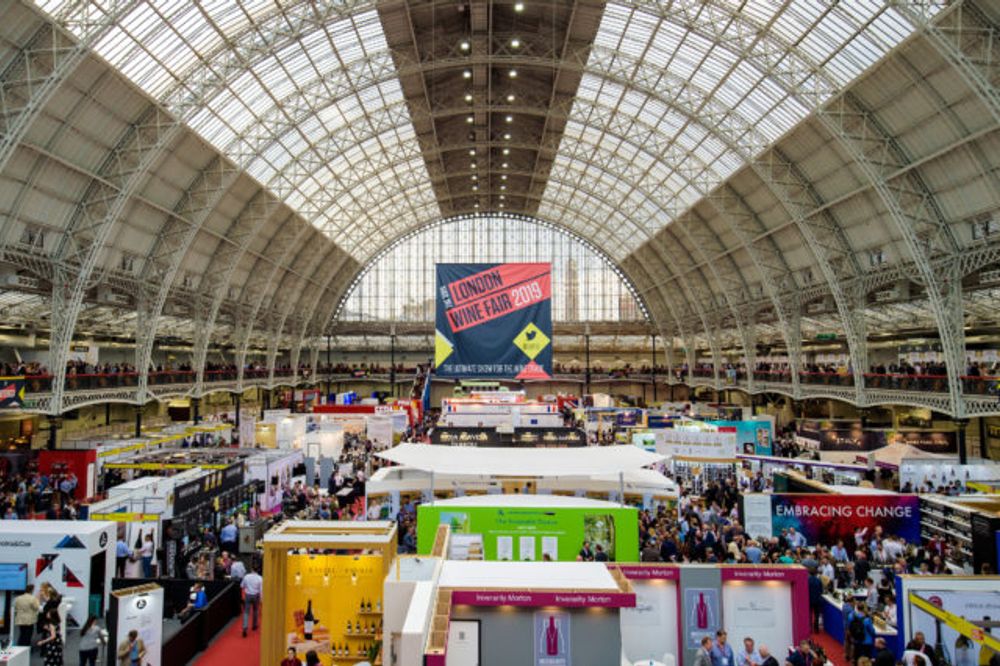
Up to 30,000 bottles are expected to be involved in the bottle reuse programme at this year’s London Wine Fair
Everything. Including:
- Shape: Burgundy, Bordeaux, etc
- Weight
- Height
- Colour
- Label type
- Country of origin: where was it bottled? We are looking for patterns per country or continent
- How possible or not it is to remove the label
- Is the bottle reusable?
- Bottle reference to identify the manufacturer
Data is a beautiful thing.
All research and LCA (Life Cycle Analysis) conducted to date are clear: from a CO2 emissions standpoint, single use glass bottles are the most impactful choice for wine packaging. Period.
Even though there are return schemes here and there (such as Sustainable Wine Solutions in the UK), the reality is that there is no circular supply chain to speak of. The debate needs to be in the open, the existing linear system must be dissected, and a return ecosystem mapped out if we want the circular supply chain to flourish and scale up.
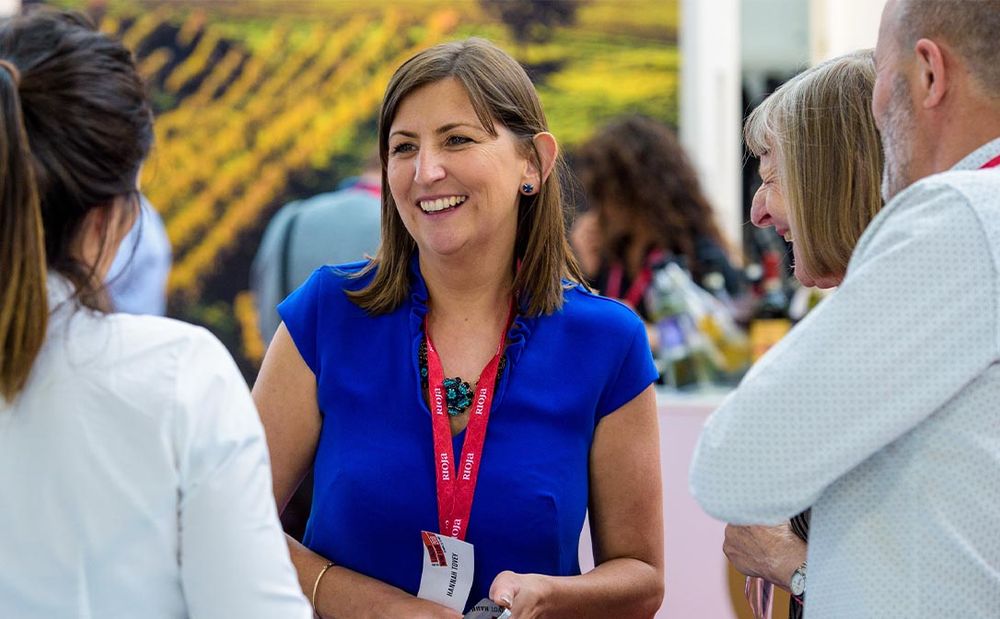
Hannah Tovey, head of London Wine Fair, has made sustainability and the environment the show’s number one issue for the 2023 event and been instrumental in launching the new bottle reuse programme
Producers, trade, restaurants, bars, retailers, governments, consumers all need knowledge to be able to adapt to the new laws.
This initiative is tiny but carries a lot of weight. We trust that all the actors on the supply chains (linear and circular) will ask themselves the right questions because of it, which in turn could lead to concrete actions for system change. As the systems change we must address how to cope with over 30 billion wine bottles produced worldwide, every year.
How will you collate all that into a report – and what sort of findings do you think you will be able to share with the trade?
SWS and Porto Protocol drew on their combined experience of return bottle schemes to make the assumptions at the basis of this research project: All bottles should be reusable; most producers use the same shapes and the enormous choice offered by manufacturers is not necessary.
We know in advance what are the key thresholds for reuse. Being able to assess a worldwide sample of bottles gives us the “raw material” to generate data that shows:
1) All the different types of bottles out there (shape, weight, colours),
2) The percentage of bottles that cannot be reused and the reasons why,
3) Crunch the data to identify the true number of bottle types needed to satisfy all the producers whose bottles have been used in the study and see how it compares with the original number.
We hope to show that simply by doing this, the number of bottle types could be reduced considerably without anyone even noticing.
You hope this research can help the industry as a whole better understand reuse of glass bottles – how do you think it will be able to do that?
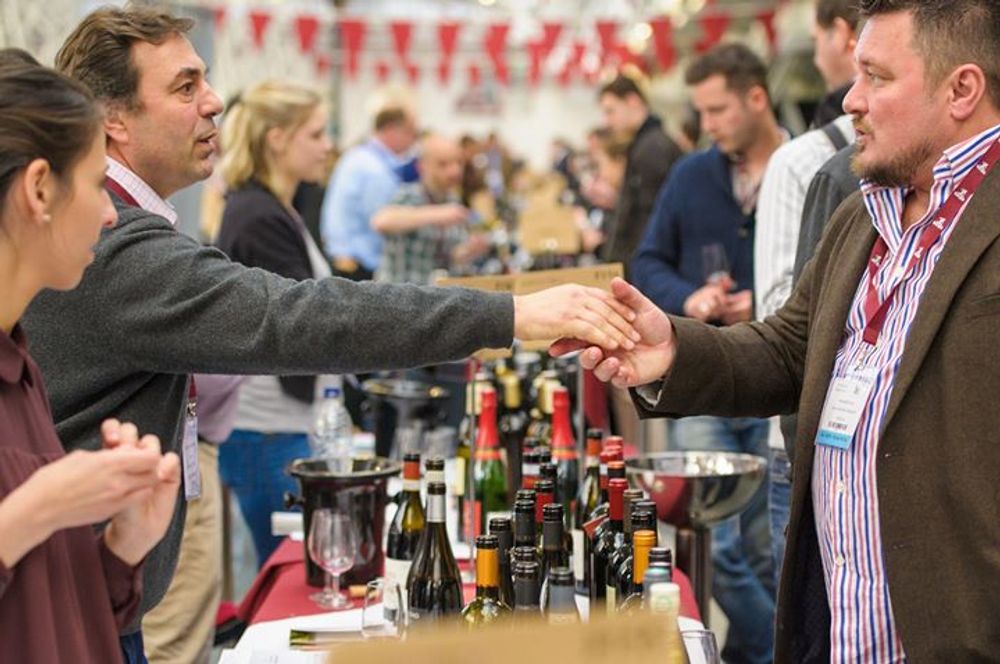
The London Wine Fair is the place to do business but it is also a platform for the industry to come together and look at better ways it can operate and work together – particularly its impact on the environment
The report is a piece of a puzzle. In itself, it will not solve all the challenges related to making reusable bottle schemes a wider reality, but the data generated will certainly contribute to clarify and overcome some of the questions and thresholds around this challenge.
It will also fuel further discussions already taking place amongst a variety of stakeholders worldwide.
In this instance the problem is due more to a lack of awareness than anything else. By debunking the myths and sharing the report through the Porto Protocol network and beyond, we will ensure that everyone in the value chain, from trade to producers, is able to make informed decisions. Furthermore, by sharing it with bottle manufacturers and inviting them to join a Think Tank, we hope to spring them into action.
Every single one of us (and our children) think, know, that climate change and sustainability are important issues and we are all eager for solutions.
So you are looking to highlight the potential challenges but also the opportunities there are as well?
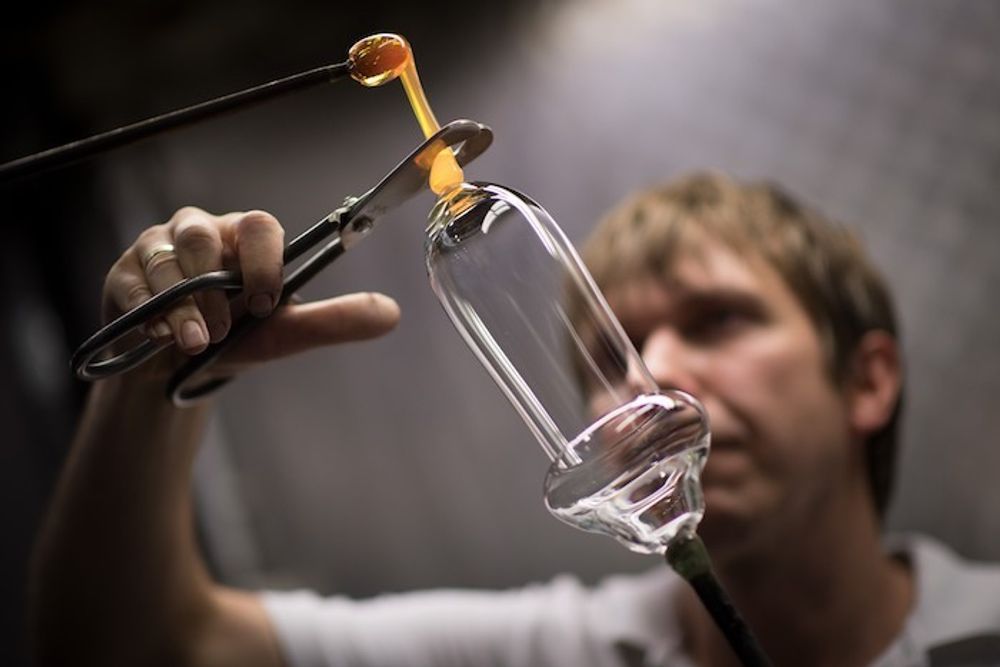
The use of glass in the wine industry is coming under increased scrutiny
Absolutely. If anything, we will be able to identify and name in the report the innovations required to improve the reusability of bottles as they are now, to be able to deal with bottles of all sizes and remove all labels.
We will also be able to assess in the current state of play the feasibility and commercial opportunity to collect bottles from the on-trade with a view to wash them and resell them for reuse.
However, the big opportunities go well beyond what we are measuring:
- Why couldn’t bottle manufacturers invest in a glass washing network across territories?
- Why couldn’t recycling specialists incorporate reuse in their services to transform household and commercial recycling into reuse deposit points?
- What is stopping logistics companies from embracing reverse logistics?
Surely there are big bucks to be made here.
Are you working with any glass companies to help collate and understand the research?
To make it the most impartial as possible, at this stage, we didn’t feel that it was necessary to involve glass manufacturers.We are simply collecting data.
If not, would you welcome their involvement?
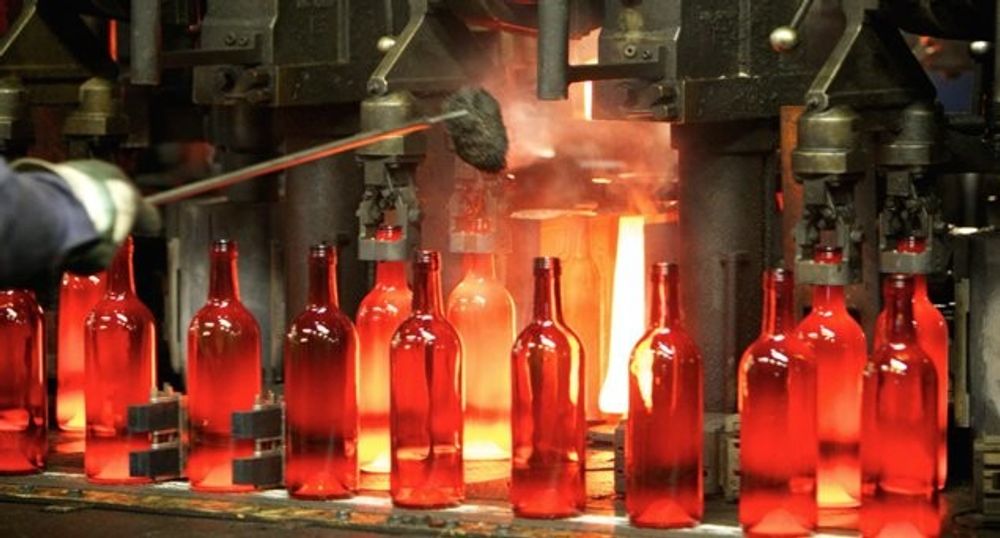
The bottle reuse schemes looks to show how wine glass bottles can be used sustainably by the wine industry
Undoubtedly. As this initiative shows, we believe that only collaborative efforts will lead to systemic change. Our intention is to use the report to launch a Think Tank made of bottle manufacturers, bottle washing companies, recycling companies and engineers, producers and beyond to identify the quick wins and map out the circular supply chain.
How did the three organisations come together and is this a one off project or do you hope it can be longer term?
It came about through the eagerness to make change happen. London Wine Faire 2023 is making sustainability and climate change a clear priority and that meant engaging with Porto Protocol. Porto Protocol challenged London Wine Fair to collect and reuse the bottles from the show, guessing in advance (but without prior notice) that they could count on the boldness of Sustainable Wine Solutions, one of their members, to make this happen.
Hannah Tovey (LWF), didn’t hesitate to take on the challenge, having worked previously with SWS on the pioneering 2021 digital edition of London Wine Fair, for which SWS rebottled and delivered in excess of 25,000 wine samples to the LWF audience during lockdown. SWS took it to the next level by turning it into a unique research-in-action opportunity for reusable bottle schemes.
Our hope is that this pioneering initiative can continue year-on-year in order to measure progress, not only at future editions of London Wine Fair but in other wine events across the world, serving as a benchmark to be followed.
For those that don’t know the Porto Protocol – what do you do?
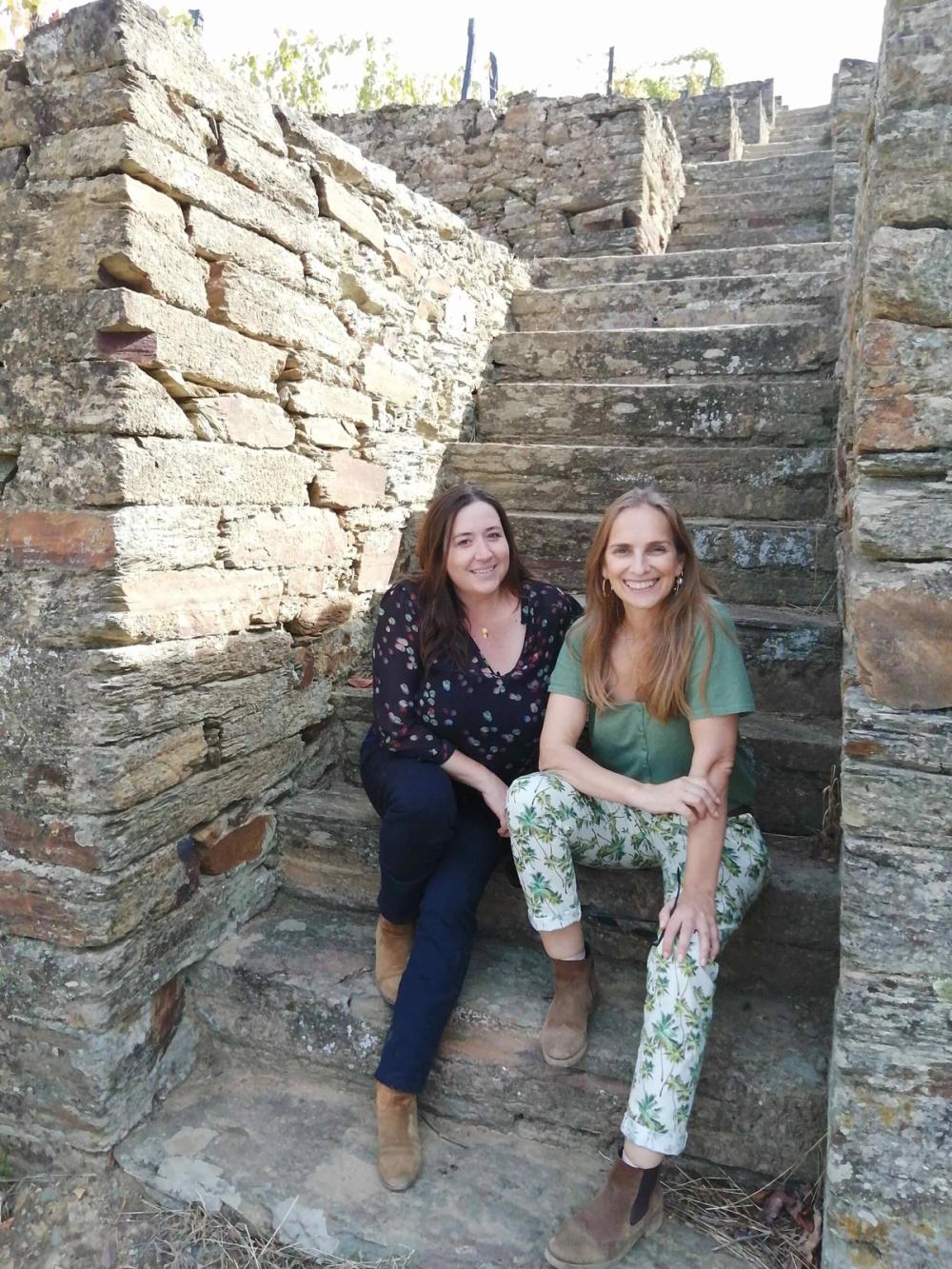
Marta Mendonça and Cristina Crava work with wine companies all over the world on their environmental strategies through the Porto Protocol
Marta Mendonça and Cristina Crava: As the wine industry’s climate action network, what we do is trigger change by sharing practical knowledge in a myriad of ways, promoting collective action and learning amongst our members.
With a focus on collaboration and innovation, we act as an open and dynamic platform of solutions and resources and a network of like-minded companies, with more than 250 members of every size and profile, spread across five continents, 20 countries, and the entire wine value chain.
We seek to empower the wine industry to take action to mitigate climate change and promote sustainability.
We take this opportunity to invite all The Buyer’s readers to come and meet us at the London Wine Fair, at the Discovery Zone (Stand DZ14) and to attend our Climate Talk titled “Is the Climate Bottle of the Future reusable?”, taking place on May 17 at 12pm on the Centre Stage, where we’ll explore this topic.
How do you become a member?
You start as a signatory, by signing our Letter of Principles. You become a member by sharing what you are doing to tackle climate change, thus being more actively involved. That happens in a variety of ways, best practices, solutions, articles or case studies, engaging in our events such as our climate talks or workshops or taking part in our collaborative networks on different topics.
What other activity do you have planned this year?
For 2023, we highlight “Unpacking Wine”, our upcoming guide covering primary, secondary and tertiary packaging, with testimonials from producers for every solution showcased, as well as a water management workshop.
All our activities will fall under four major topics for the industry in the face of climate change: water, packaging, biodiversity, and business’s ability to address these matters strategically and systemically.
Nevertheless, more important than any of these specific activities, is our “business as usual”, that is, to continue to increase our open platform of solutions and best practices based on collaborative sharing, creating practical discussions around topics related to wine and climate change and fostering avenues of collaboration amongst those part of this network, ultimately creating a ripple effect that fosters climate action far beyond the wine industry.
What is the background to Sustainable Wine Solutions?
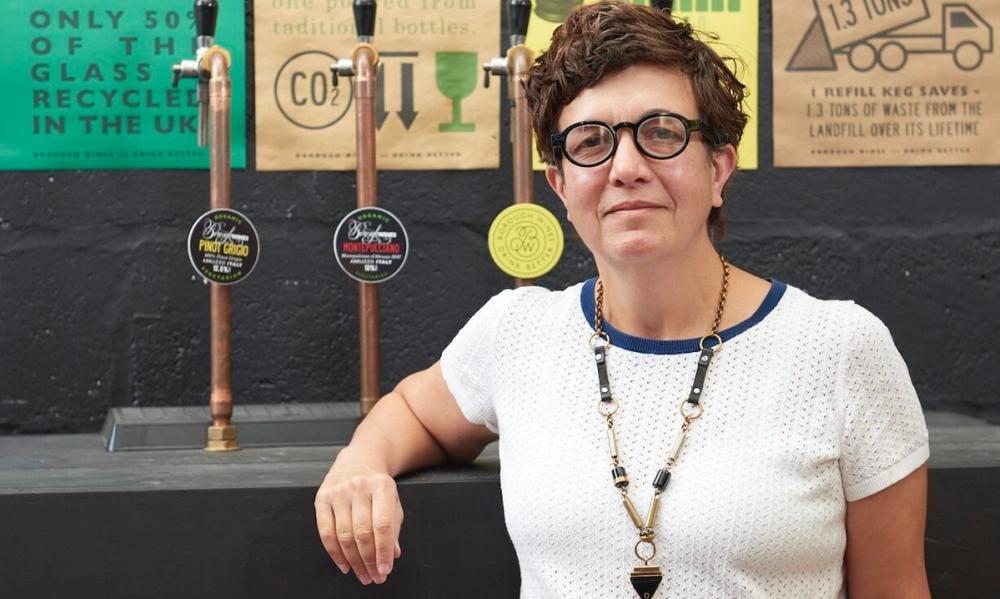
Muriel Chatel has long been a campaigner and innovator to help the wine industry become more sustainable
Muriel Chatel: At SWS our core belief is that only circular models are sustainable. We launched our bottle return scheme in 2020 through a collaboration with Damien Barton of Langoa Barton and we found that making the bottle part of the solution has been a game changer. At the moment the scheme works best with the HORECA market with a return rate of over 90%. We are not targeting the off-trade at this stage as we believe that it is completely unrealistic to expect consumers to bring back their empty bottles to the point of purchase. It’s cute when they do, but cute is not going to change the world.
You have been involved in bottle return and reuse for some time – what do you see as being the key factors and issues the industry needs to understand and tackle?
- Standardisation is a major obstacle, but our definition of it is somewhat loose compared to most. We don’t believe that we should approach standardisation with rigidity. We human beings are not rational. If we want to change the system we need to take our irrationality into account.
- The Appellation system must be reformed: too many appellations insist on bottling within the appellation for no valid reasons – which is a problem for bulk import. Consumers care more about sustainability than the appellation system. There is a need for a business cluster to federate the actors on the circular supply chain, and that goes well beyond the wine industry
- A lack of understanding, at a deeper level, that a circular supply chain will become mainstream and replace the existing linear model. And that’s a shame because the circular economy is a beautiful thing, it holds the answer to lots of our problemsfrom climate change to resource depletion and inflation.
Anything else to say?
This research project is just the first part of a much bigger piece of work. SWS, with the support of the Porto Protocol’s worldwide network, are initiating a six-month study on bottle reuse that will culminate in a “Hackathon”. Watch this space! We will be in a position to communicate about it very soon.
For us this is day to day work.
- The London Wine Fair takes place between May 15-17 and London Olympia. To find out what is happening and to register to attend click here.
